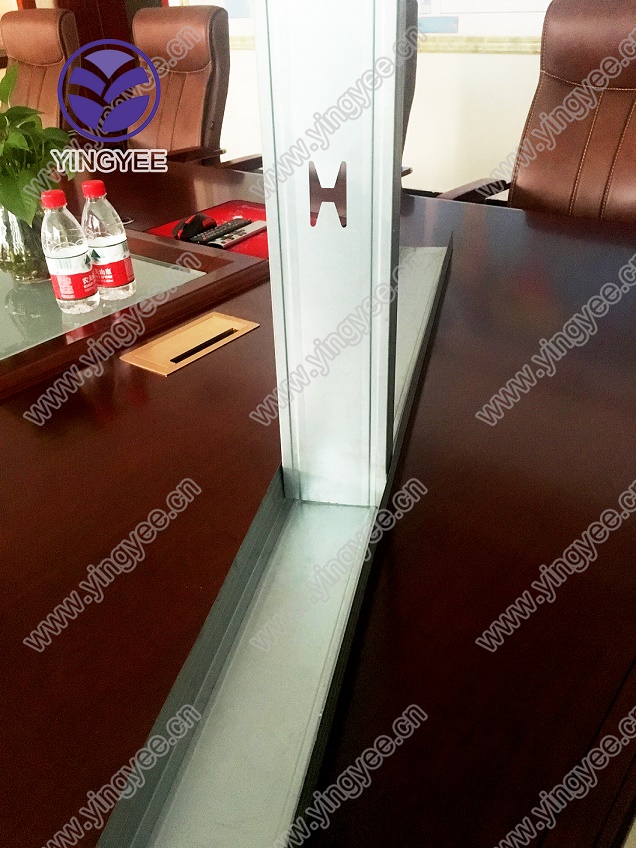Understanding Wall Angle Frame Roll Forming Machinery in Drywall Construction
In modern construction and renovation projects, drywall systems have become increasingly popular due to their versatility, ease of installation, and efficiency. Central to the effective installation of drywall is the use of wall angle frame roll forming machinery. This article delves into the importance and functionality of such machinery in the context of drywall construction.
What is Roll Forming Machinery?
Roll forming machinery is a manufacturing process that involves the continuous bending of sheet metal into desired shapes. This is achieved by passing the metal through a series of rollers that progressively shape the material. When it comes to drywall construction, wall angle frame roll forming machinery specifically produces the metal framing components critical for supporting drywall installations.
The Role of Wall Angle Frames
Wall angle frames serve as the skeleton for drywall systems. They provide necessary structural support while determining the alignment and installation angle for the drywall panels. These frames are crucial for ensuring that the surfaces are flat, straight, and properly secured. Typically, wall angles are made of metal, which offers durability, strength, and resistance to warping compared to traditional wooden frames.
Advantages of Using Roll Forming Machinery
1. Precision Manufacturing One of the primary advantages of roll forming machinery is its capability to create components with high precision. This is particularly important in construction, where misalignments can lead to significant time delays and increased costs.

2. Efficiency and Speed Roll forming is a continuous process, making it faster than traditional methods of cutting and shaping metal. This increased efficiency allows for larger production runs which, in turn, reduces costs on large-scale projects.
3. Material Utilization The roll forming process minimizes waste. Since the metal is shaped rather than cut, there is less scrap material, making it a more sustainable option.
4. Customizability Wall angle frame roll forming machinery can be adjusted to produce various shapes and sizes of frames, allowing for customization based on specific project requirements.
5. Durability Metal frames produced through roll forming processes are resistant to common issues such as warping, bending, and cracking, which can be prevalent with wood frames. This ensures the longevity and reliability of the drywall system.
The Process of Roll Forming
The roll forming process begins with a coil of metal sheet, which is unwound and fed into the machine. As the sheet moves through a series of rollers, each one shapes the metal incrementally until it reaches the final profile. The machinery can also incorporate cutting stations, allowing for the production of components to specific lengths. Once the wall angle frames are formed, they can be easily transported and assembled on-site for drywall installation.
Conclusion
Wall angle frame roll forming machinery plays a vital role in the drywall construction industry. By providing precise, efficient, and customizable metal framing solutions, this machinery enhances the overall quality and durability of drywall installations. As construction trends continue to evolve, investing in advanced roll forming technology will enable manufacturers and contractors to meet the growing demands of modern building projects while ensuring excellent performance and structural integrity in their work. The future of drywall systems is undoubtedly intertwined with the continuous advancement of roll forming machinery, paving the way for innovative construction methodologies.